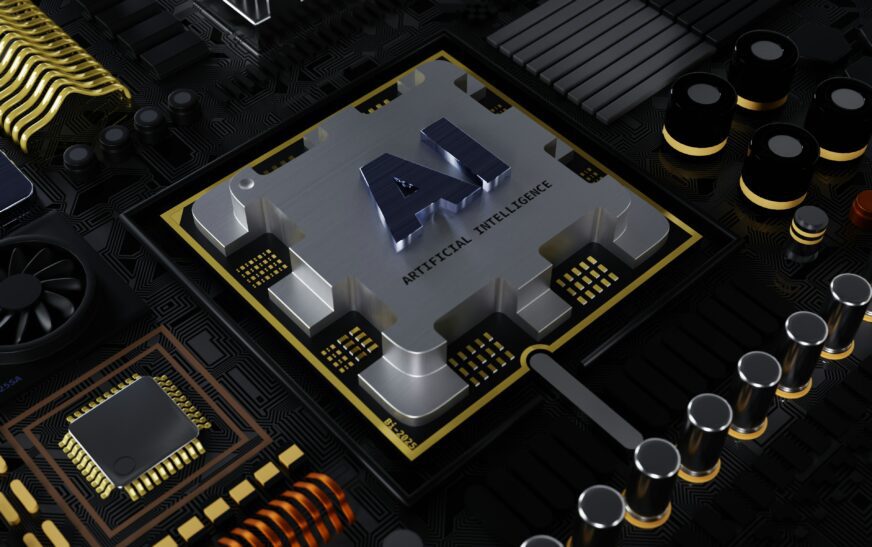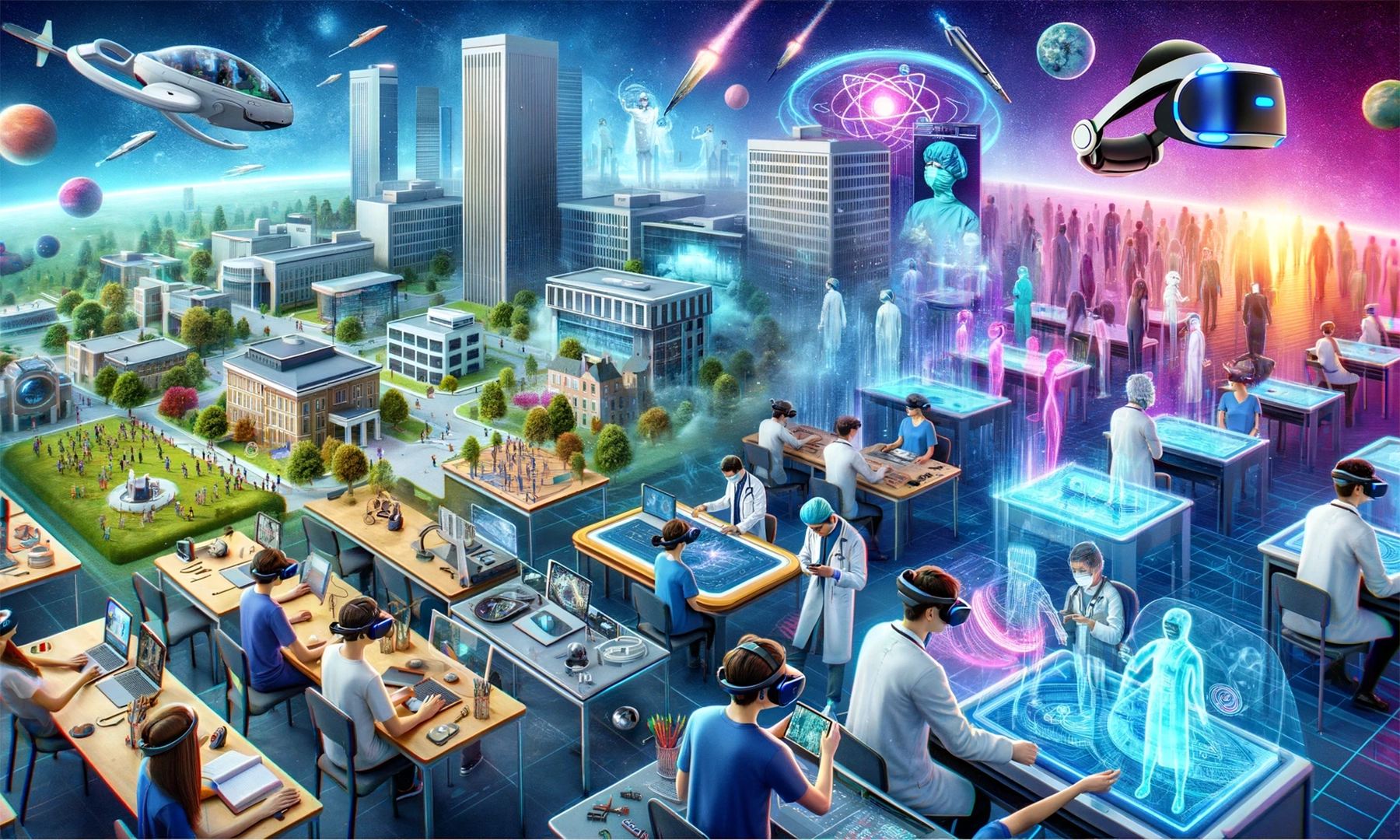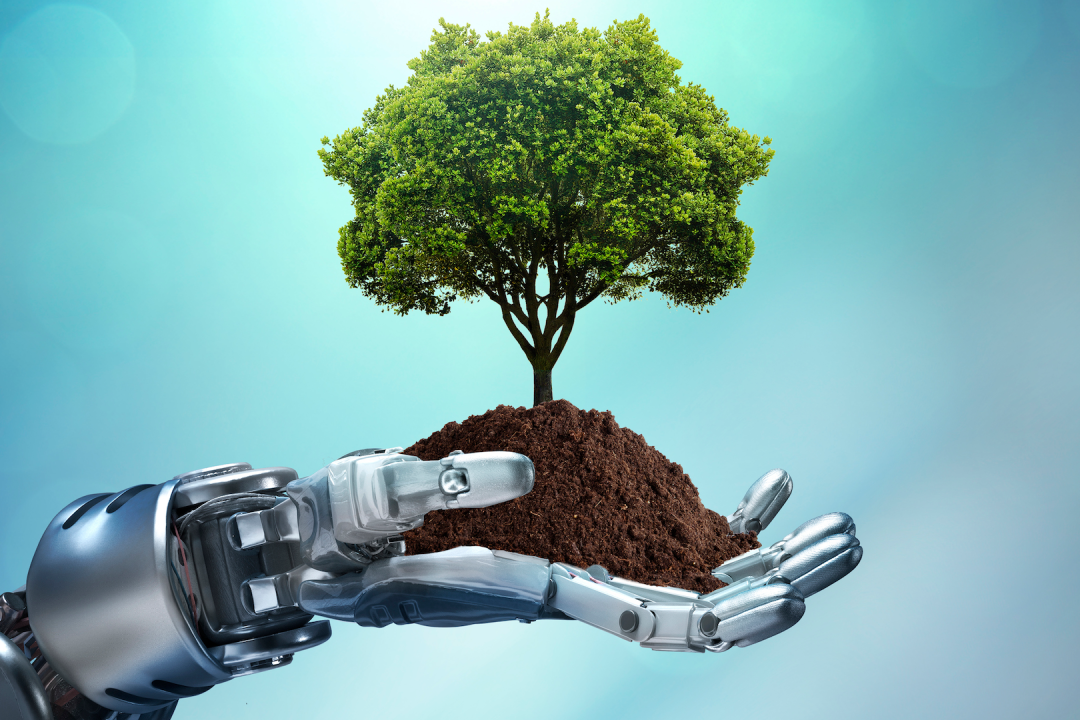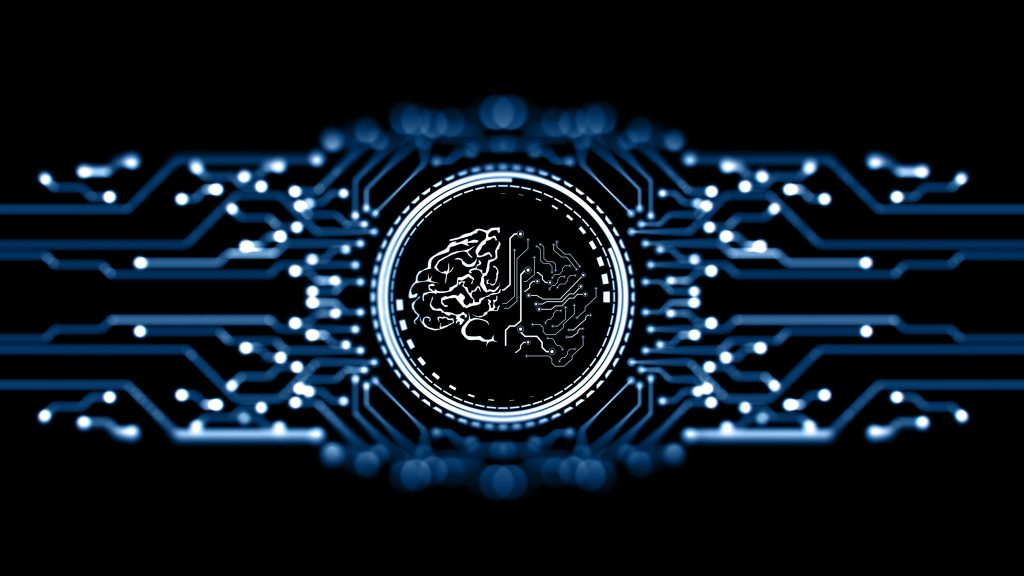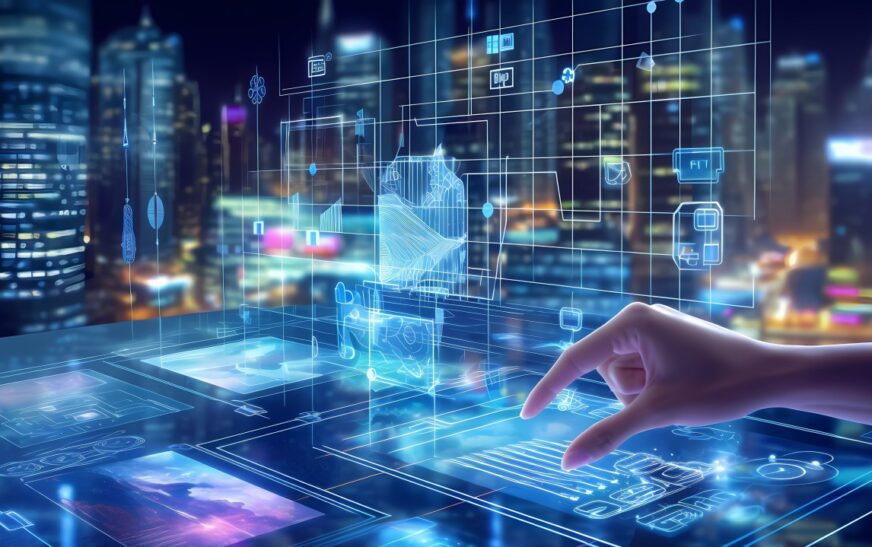The Future of AI: How It’s Shaping the Tech World

Artificial Intelligence (AI) is no longer just a futuristic concept; it’s rapidly becoming an integral part of our everyday lives. From virtual assistants that help us manage tasks to sophisticated algorithms powering major industries, AI is reshaping the tech world in remarkable ways. As we venture into this new era, it’s essential to understand how AI works and its transformative impact on various sectors. Join us as we explore the evolution, advancements, and ethical considerations surrounding AI while gazing into what lies ahead in this exciting realm. The future isn’t just coming; it’s already here, and it’s shaping our world at an unprecedented pace.
What is AI and How Does It Work?
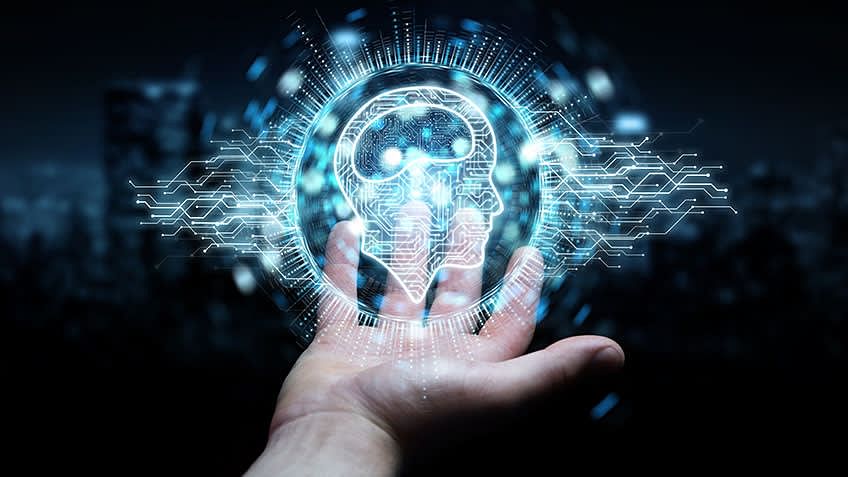
Artificial Intelligence, or AI, refers to the simulation of human intelligence in machines. These systems are designed to perform tasks that typically require cognitive functions like learning, reasoning, and problem-solving.
At its core, AI operates through algorithms that process vast amounts of data. By identifying patterns and making predictions based on this information, it can adapt and improve over time.
There are two primary types of AI: narrow AI and general AI. Narrow AI excels at specific tasks—think chatbots or recommendation engines. General AI aims for broader capabilities akin to human understanding but remains largely theoretical at this point.
Machine learning is a key component of modern AI. It allows systems to learn from experience without being explicitly programmed for every scenario. As technology evolves, so does the complexity and potential of what these intelligent systems can achieve.
The Evolution of AI: From the Past to the Present

Artificial Intelligence has come a long way since its inception in the mid-20th century. Initially, it was limited to simple tasks and rule-based systems that mimicked human reasoning.
The 1980s brought about a significant shift with the introduction of machine learning. Algorithms began to learn from data rather than relying solely on predefined rules. This change laid the groundwork for more advanced capabilities.
Fast forward to today, AI is integrated into our daily lives. From virtual assistants like Siri and Alexa to sophisticated algorithms driving autonomous vehicles, its applications are vast and varied.
Deep learning has revolutionized how AI processes information, enabling machines to recognize images, understand speech, and even generate text that feels remarkably human-like.
This evolution showcases not just technological advancements but also an increasing reliance on AI systems across various sectors. The journey continues as we explore new frontiers in artificial intelligence development.
Advancements in AI Technology
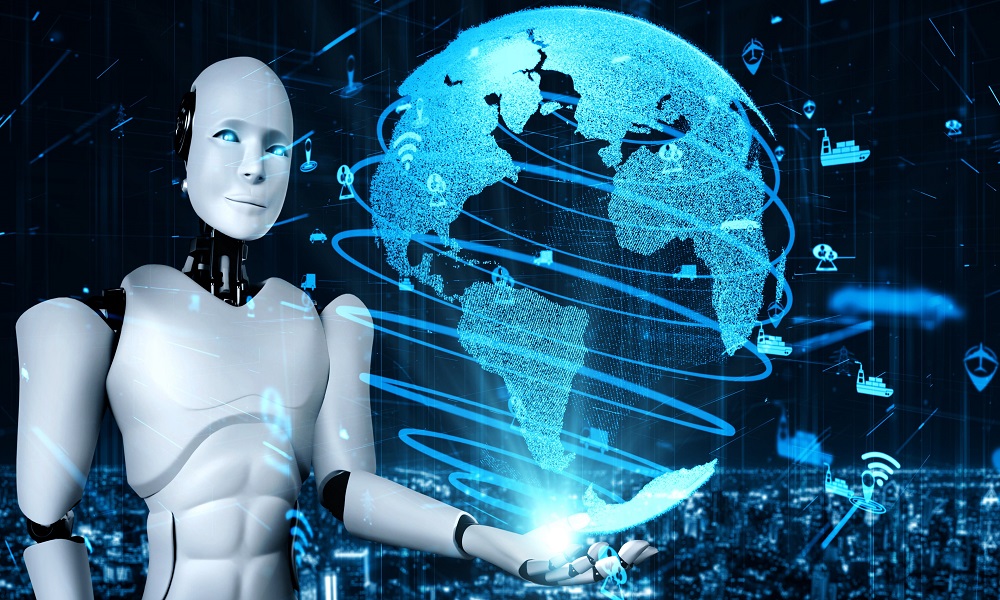
AI technology has witnessed remarkable advancements in recent years. Machine learning algorithms are now more sophisticated, allowing systems to learn from vast amounts of data with greater accuracy.
Natural language processing (NLP) has also made huge strides. Virtual assistants can understand and respond to human language much like a real person would. This evolution is reshaping customer service and communication across industries.
Computer vision is another area seeing progress. Machines can analyze images and videos with impressive precision, enabling applications from facial recognition to autonomous vehicles.
Moreover, AI-driven analytics tools provide businesses with deep insights into consumer behavior. These insights empower companies to make informed decisions quickly.
The integration of AI in daily life continues to expand as smart devices become increasingly intuitive and responsive to user needs. These innovations signal an exciting era where technology enhances our experiences seamlessly.
Industries That Are Being Transformed by AI
![]()
AI is making waves across various industries, dramatically reshaping how businesses operate.
In healthcare, machine learning algorithms analyze patient data to predict outcomes and personalize treatments. This not only improves efficiency but also enhances patient care.
The finance sector is another area experiencing rapid change. AI-driven analytics help detect fraudulent transactions and optimize investment strategies in real-time.
Retail companies are leveraging AI for inventory management and customer service through chatbots. Personalized shopping experiences are becoming the norm, thanks to sophisticated recommendation systems that understand consumer behavior.
Manufacturing is also seeing a transformation with predictive maintenance powered by AI technologies. Machines can now self-diagnose issues before they escalate into costly downtime.
Education isn’t left behind either; adaptive learning platforms tailor educational content based on student performance, ensuring optimized learning paths for everyone involved.
Ethical Concerns Surrounding AI
As artificial intelligence continues to evolve, ethical concerns are surfacing at an alarming rate. The potential for bias within AI algorithms poses a significant threat. If the data used to train these systems is flawed or skewed, the outcomes can perpetuate harmful stereotypes and inequalities.
Privacy issues also demand attention. With AI’s ability to analyze vast amounts of personal data, individuals face risks related to surveillance and consent. A blurred line exists between innovation and invasion.
Moreover, job displacement is a pressing dilemma. Automation promises efficiency but may leave many without employment opportunities in sectors heavily reliant on human labor.
Accountability remains murky when AI systems make decisions that impact lives. Determining who is responsible for errors—be it developers, companies, or the machines themselves—adds another layer of complexity to this already intricate landscape.
The Role of Government in Regulating AI
Governments worldwide are grappling with the rapid rise of AI. As its applications expand, so do concerns about safety and ethics. This dynamic landscape demands a proactive approach from policymakers.
Regulating AI involves creating frameworks that protect citizens while fostering innovation. Striking this balance is challenging but essential for sustainable growth in technology. Effective regulation can promote transparency and accountability among companies developing AI systems.
Countries like the EU have started implementing strict guidelines to ensure ethical use of AI. These regulations aim to prevent biases, enhance data privacy, and encourage responsible deployment across various sectors.
Collaboration between governments and tech companies is crucial for shaping future policies. Engaging stakeholders will help create standards that not only safeguard rights but also promote advancements in artificial intelligence. The challenge lies in keeping pace with fast-evolving technologies while ensuring societal values remain intact.
Predictions for the Future of AI
As we look to the horizon, predictions about AI’s future are both exciting and daunting. Many experts believe that machine learning will become even more sophisticated. We may see algorithms capable of understanding human emotions, leading to more intuitive interactions.
The integration of AI in everyday life could reach unprecedented levels. Smart homes might evolve into intelligent ecosystems that learn from our habits and preferences. This would allow for personalized experiences like never before.
Autonomous systems are also on the rise. Drones and self-driving vehicles could reshape logistics and transportation, making them safer and more efficient.
Healthcare stands poised for transformation as well. Predictive analytics may revolutionize diagnostics, enabling early intervention in diseases.
However, with these advancements come challenges. The need for responsible development will be crucial to ensure that innovation benefits society at large while addressing ethical concerns along the way.
Conclusion
The future of AI is vibrant and full of potential. As technology continues to evolve, it brings both opportunities and challenges that will shape our world in unprecedented ways. The advancements we see today are just the beginning.
AI has already made significant strides across various sectors, revolutionizing industries like healthcare, finance, and transportation. These changes not only improve efficiency but also enhance user experiences and outcomes. As we look ahead, it’s essential to consider how these innovations can be harnessed responsibly while addressing ethical concerns.
Governments must play a crucial role in regulating AI development. Clear guidelines and policies can help mitigate risks associated with misuse or bias in AI systems. Collaboration between tech companies and regulatory bodies could lead to an environment where innovation thrives alongside safety.
Predictions for the future suggest that AI will become even more integrated into daily life. From smart homes to autonomous vehicles, its presence will likely deepen our reliance on technology while simultaneously pushing the boundaries of what’s possible.
As we navigate this evolving landscape, staying informed about the impacts of AI on society becomes essential for everyone involved—developers, users, policymakers alike. Embracing change thoughtfully may determine how effectively we can leverage AI’s power for good as it shapes our collective future.

